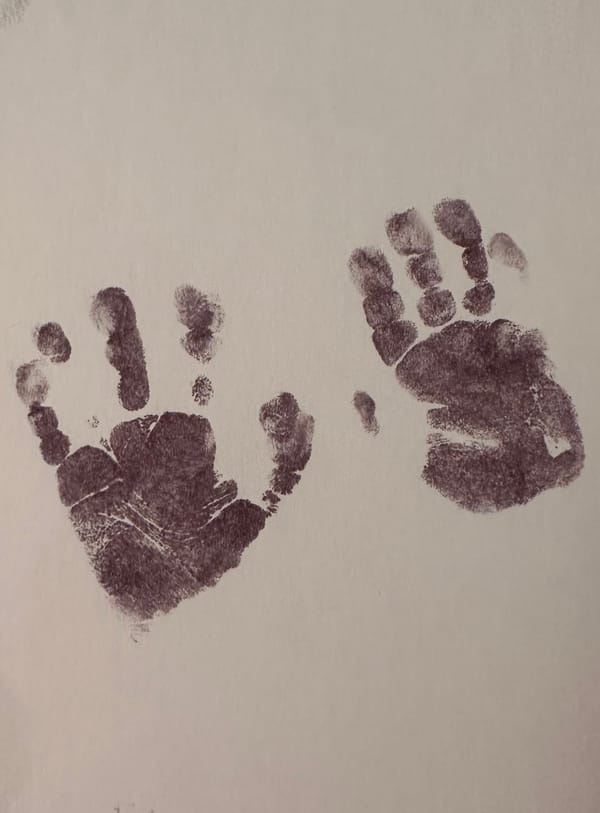How to Be a Supportive Friend to Someone Struggling with Postpartum Depression

Supporting a friend who is dealing with postpartum depression (PPD) can make a significant difference in their recovery and overall well-being. Here are some ways you can be a supportive friend:
1. Educate Yourself
Understand PPD: Learn about the symptoms, causes, and treatments of postpartum depression. Understanding what your friend is going through will help you offer more informed and empathetic support.
2. Listen Without Judgment
Be There to Listen: Sometimes, the best support you can offer is a listening ear. Let your friend talk about their feelings and experiences without interrupting or offering unsolicited advice.
Avoid Judgment: Refrain from making judgments or minimizing their feelings. Validate their emotions and acknowledge that what they are experiencing is real and difficult.
3. Offer Practical Help
Help with Daily Tasks: Offer to assist with household chores, cooking, or running errands. These tasks can be overwhelming for someone with PPD, and your help can provide much-needed relief.
Babysitting: Offer to take care of the baby for a few hours so your friend can rest, take a shower, or have some personal time.
4. Encourage Professional Help
Suggest Seeing a Professional: Encourage your friend to seek help from a healthcare provider, therapist, or counselor. Offer to help them find resources or make appointments if they feel overwhelmed.
Support Their Decisions: Respect their choices regarding treatment and therapy. Offer to accompany them to appointments if they need moral support.
5. Stay Connected
Regular Check-Ins: Stay in touch with your friend through regular calls, messages, or visits. Consistent contact can help them feel less isolated and more supported.
Plan Activities: Invite them to join you in low-pressure activities, like a walk in the park or a casual coffee date. This can provide a change of scenery and a break from routine.
6. Be Patient and Understanding
Understand Their Limitations: Recognize that your friend might not always be up for socializing or might cancel plans at the last minute. Be patient and understanding of their needs.
Avoid Pressure: Don’t pressure them to "snap out of it" or to do things they’re not ready for. Recovery from PPD takes time, and it's important to respect their pace.
7. Encourage Self-Care
Promote Self-Care: Encourage your friend to engage in self-care activities, such as taking a relaxing bath, practicing mindfulness, or doing something they enjoy.
Offer to Join Them: Sometimes, suggesting you do a self-care activity together can be more motivating than suggesting they do it alone.
8. Watch for Warning Signs
Be Vigilant: Keep an eye out for any signs that your friend’s condition is worsening, such as talk of self-harm or harm to the baby. If you notice any alarming signs, encourage them to seek immediate professional help.
Know When to Act: If you believe your friend is in immediate danger, don’t hesitate to contact emergency services or a mental health crisis hotline.
9. Respect Their Privacy
Maintain Confidentiality: Keep any information your friend shares with you confidential unless there is a risk of harm to themselves or others. Respect their privacy and trust.
10. Offer Ongoing Support
Long-Term Commitment: Understand that PPD can take time to overcome. Offer ongoing support and let your friend know that you’re there for them in the long run.
Celebrate Progress: Celebrate small victories and progress in their recovery. Positive reinforcement can boost their morale and confidence.
Being a supportive friend to someone struggling with postpartum depression involves patience, empathy, and practical assistance. By educating yourself, listening without judgment, and offering consistent support, you can make a meaningful difference in your friend’s journey to recovery. Remember, your support can provide a lifeline during a challenging time.



